Advertisement
Students are always on the lookout for ways to make school less stressful. Between heavy coursework, deadlines, and the pressure to perform, having a reliable assistant—even a virtual one—can change the game. That’s where ChatGPT comes in. With the right approach, it’s more than just a chatbot. It can help break down tough topics, guide writing assignments, spark ideas, and even quiz you before exams. The important thing is knowing how to use it well, not just leaning on it to do the work. When used right, ChatGPT in school becomes a quiet helper that stays out of the way but comes through when needed.
Students often hit a wall when trying to solve a tough math problem or figure out what a Shakespeare scene actually means. With ChatGPT, the help doesn’t have to come in the form of a straight-up answer. Instead, it can explain how to approach the problem, walk through similar examples, or reword textbook explanations in simpler terms.

Let’s say a student doesn’t understand how to balance a chemical equation. They can paste the question and ask for a step-by-step guide—not the final answer, but a way to understand the logic. Or if a paragraph in a history book sounds like it was written in another century (and often it was), ChatGPT can rewrite it using simpler language. In these cases, students using AI aren’t cheating—they’re clarifying.
This type of support builds independence over time. Students still do the work, but feel less lost getting started. It's a digital nudge, not a shortcut.
One of the most common struggles in school is facing a blank page. Whether it’s a book report, personal reflection, or research essay, just knowing how to begin can take more time than writing the actual piece. ChatGPT is useful here in two main ways: outlining and refining.
For example, a student can describe their assignment topic and ask ChatGPT to suggest a basic structure—intro, key points, and a conclusion. It might say, “Start with the main idea, then cover A, B, and C, and close with your own opinion.” That helps break down the task into smaller, more manageable parts.
Then, during the writing process, ChatGPT can help rephrase awkward sentences, tighten paragraphs, or give feedback on clarity. This doesn’t remove the need for creativity or original thinking, but it gives students the tools to polish their ideas. And for those who aren’t confident writers, that extra support can mean finishing an assignment they might otherwise avoid.
Memorizing facts is one thing. Understanding them is another. Many students cram for tests using flashcards and repetition. That works for a while, but deeper understanding requires conversation—asking questions, getting answers, making connections. ChatGPT can take on the role of a study partner who doesn’t mind repeating itself or answering even the most basic questions.
Students using AI can quiz themselves in a custom way. Instead of generic flashcards, they can paste them into textbook content and ask ChatGPT to turn them into questions. They can even challenge it by creating a multiple-choice test or explaining a term as if teaching it to a beginner. This kind of active engagement with the material helps ideas stick.
It's especially helpful for subjects like science, history, and social studies, where the goal isn't just recall but understanding cause and effect. By using ChatGPT in school as a sort of digital tutor, students can cover more ground in less time, while still doing the mental lifting.
Group projects, research tasks, and long-term assignments don’t just require good content—they need planning. Many students struggle not because the task is too hard, but because they don’t know where to start, what to prioritize, or how to pace themselves.

ChatGPT can help outline steps for a big assignment. If a student has a two-week deadline to complete a science presentation, they can ask for a timeline: “What should I do on Day 1, Day 2, and so on?” They can even ask how to divide the project among group members fairly. That kind of support keeps projects moving and reduces last-minute panic.
Students can also ask for help estimating how long different parts of a task will take, which helps them avoid underestimating workloads. ChatGPT doesn’t just give advice—it helps organize thoughts into action.
Some students are curious beyond what’s taught in the classroom. Maybe a physics chapter sparked a question about black holes, or a literature class brought up ideas about feminism. ChatGPT gives students a way to explore those topics without having to wade through academic websites or dense articles.
This kind of learning builds habits that go beyond grades. It's about teaching students how to ask better questions and explore answers on their own. If they want to know how a concept applies in real life or what experts think about a topic, ChatGPT can help open those doors.
This also supports critical thinking. Students can ask ChatGPT to show both sides of an argument or explain why a historical event is seen differently in different countries. Done well, this gives students a wider view of the world without overwhelming them.
ChatGPT can be a steady support for students trying to manage the pressures of school. When used thoughtfully, it encourages better writing, deeper understanding, and clearer planning. It doesn’t do the work for them—it helps shape how they approach problems and tasks. From structuring essays to studying more effectively, it fills the gaps that often leave students stuck. The key is to use it as a guide, not a substitute. With the right mindset, students can make their schoolwork more manageable and less stressful. ChatGPT in school isn’t about shortcuts—it’s about working smarter with the right kind of help.
Advertisement

What Large Language Models (LLMs) are, how they work, and their impact on AI technologies. Learn about their applications, challenges, and future potential in natural language processing

Discover 8 legitimate ways to make money using ChatGPT, from freelance writing to email marketing campaigns. Learn how to leverage AI to boost your income with these practical side gigs

Is it necessary to be polite to AI like ChatGPT, Siri, or Alexa? Explore how language habits with voice assistants can influence our communication style, especially with kids and frequent AI users
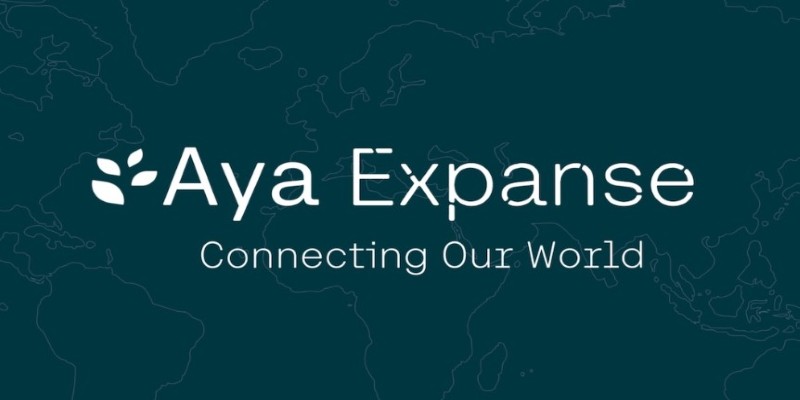
Can AI finally speak your language fluently? Aya Expanse is reshaping how multilingual access is built into modern language models—without English at the center

A top Korean telecom investment in Anthropic AI marks a major move toward ethical, global, and innovative AI development

Can ChatGPT be used by cybercriminals to hack your bank or PC? This article explores the real risks of AI misuse, phishing, and social engineering using ChatGPT
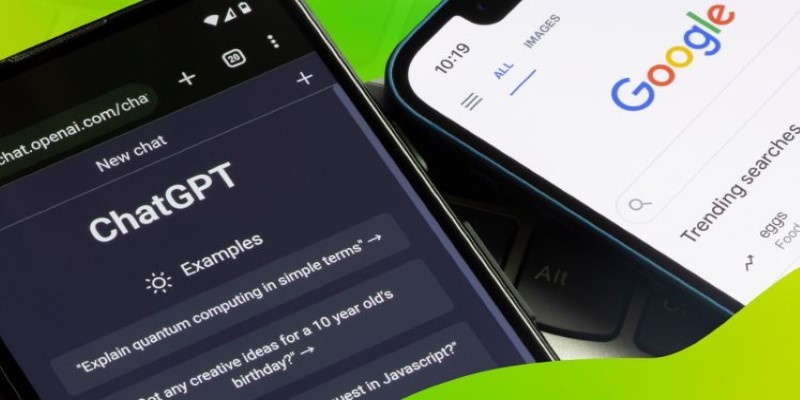
Is ChatGPT a threat to search engines, or is it simply changing how we look for answers? Explore how AI is reshaping online search behavior and what that means for traditional engines like Google and Bing
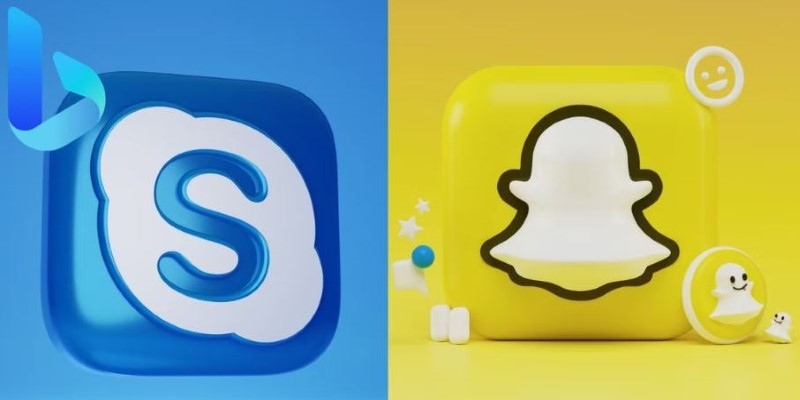
Curious about how Snapchat My AI vs. Bing Chat AI on Skype compares? This detailed breakdown shows 8 differences, from tone and features to privacy and real-time results
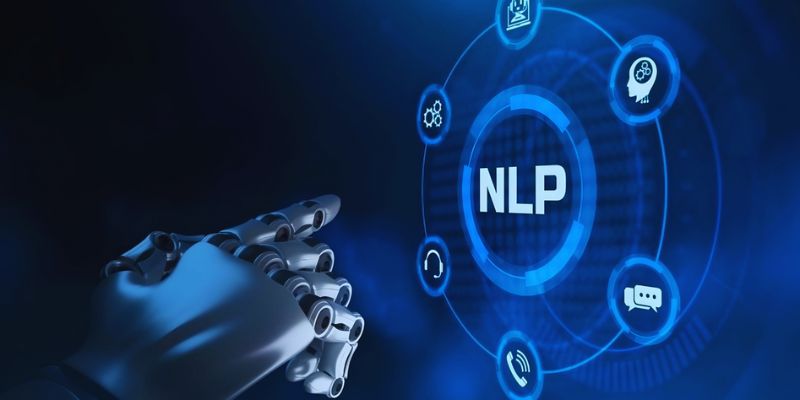
Start learning natural language processing (NLP) with easy steps, key tools, and beginner projects to build your skills fast

AI prompt engineering is becoming one of the most talked-about roles in tech. This guide explains what it is, what prompt engineers do, and whether it offers a stable AI career in today’s growing job market

Discover practical methods to sort a string in Python. Learn how to apply built-in tools, custom logic, and advanced sorting techniques for effective string manipulation in Python
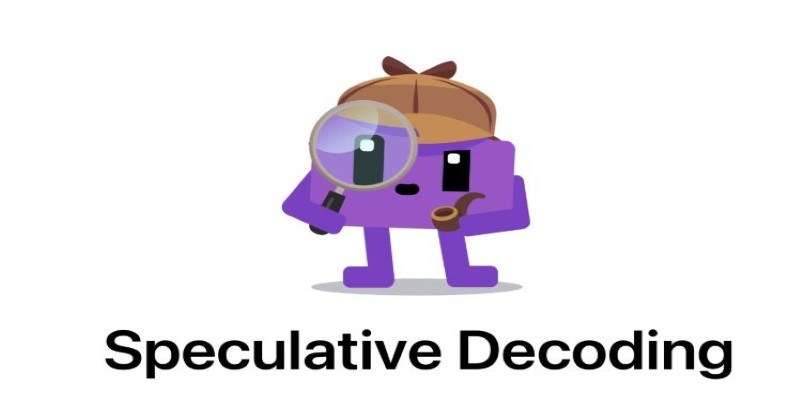
How self-speculative decoding improves faster text generation by reducing latency and computational cost in language models without sacrificing accuracy